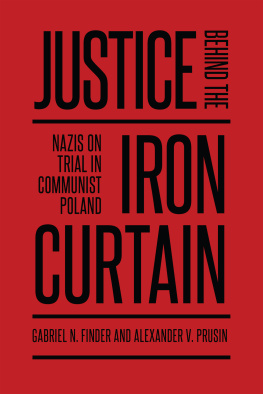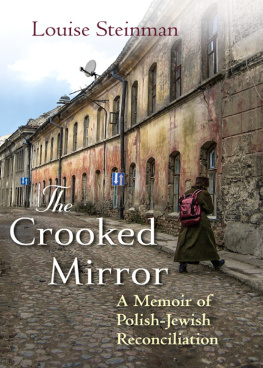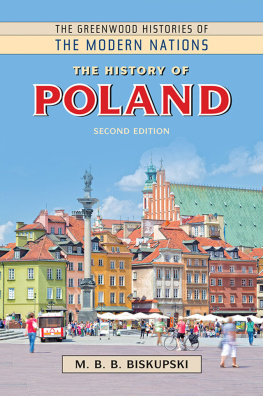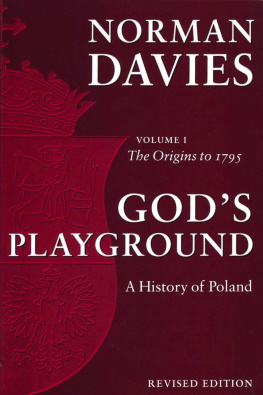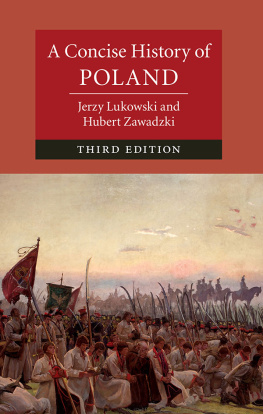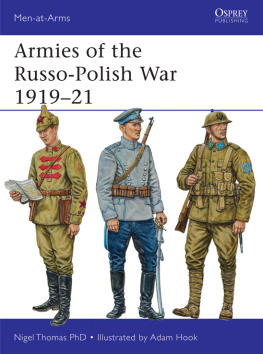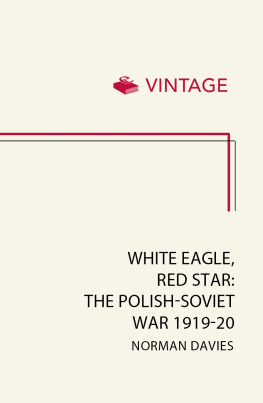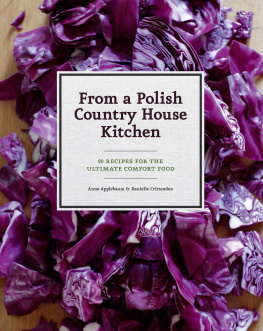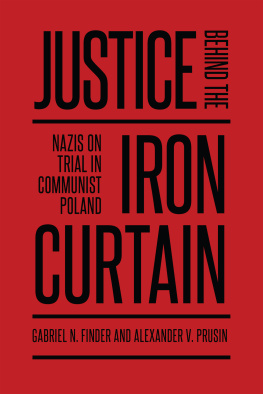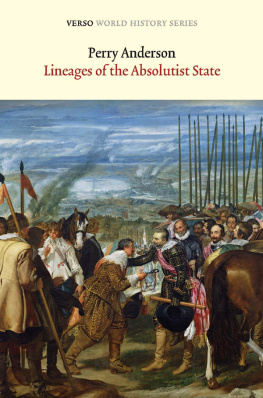First published 1991
by Routledge
2 Park Square, Milton Park, Abingdon, Oxon, OX14 4RN
Transferred to Digital Printing 2005
Simultaneously published in the USA and Canada
by Routledge
a division of Routledge, Taylor & Francis, Inc.
270 Madison Ave, New York NY 10016
1991 Jerzy Tadeusz Lukowski
Disk conversion by Columns of Reading
All rights reserved. No part of this book may be reprinted or reproduced or utilized in any form or by any electronic, mechanical, or other means, now known or hereafter invented, including photocoping and recording, or in any information storage or retrieval system, without permission in writing from the publishers.
British Library Cataloguing in Publication Data
Lukowski, Jerzy Tadeusz
Libertys folly: the PolishLithuanian commonwealth in the eighteenth century 16971795.
1. Poland, history
I. Title
943.8
Library of Congress Cataloging in Publication Data applied for
ISBN 0 415 03228 8
For Andrzej and Helena
But what is liberty without wisdom, and without virtue? It is the greatest of all possible evils; for it is folly, vice, and madness, without tuition or restraint.
Edmund Burke, Reflections on the Revolution in France (1790)
What is it that we should be ashamed of? A fondness for freedom? Even though it was a foolish, mad, total, anarchistic, provincial freedom, the freedom which leads to ruin?
Tadeusz Konwicki, The Polish Complex (1977)
Preface
This book arose from a desire to make good my knowledge of one of the two countries and cultures which I can legitimately call my own. More particularly, it was inspired by a wish to explain how a phenomenon which I had always been brought up to regard as Poland and which had been writ so large on the map of Europe could, at the end of the eighteenth century, have been removed from that map with such apparent ease. My serious interest in Polands past has constantly chafed against the picture of a virtuous and injured people, overwhelmed but never destroyed by the forces of tyranny, the staple fare of the history I was taught in my Polish Saturday-morning school. Such heroic legends helped Poland survive its destroyed nineteenth century, although well before its close they began to fall under serious scrutiny. For the Polish migr community after the Second World War, after the trauma of betrayal, treachery and pain experienced at the hands of enemies and supposed friends alike, a glorious past became a new necessity. A second-generation expatriate Pole and British citizen may feel such pressures less keenly. It became obvious to me as an undergraduate that the literature on the subject in western European languages was all too often frustratingly superficial and/or the domain of well-worn labels and clichs. As a postgraduate, pursuing research in Krakw and Warsaw, I was simultaneously impressed by the quality of much Polish historiography and depressed by its failure to communicate so much of its efforts to the English-speaking world.
Leaving aside the personal aspect, this book has two purposes. To fill, as far as an Anglo-Saxon readership is concerned, a major blank spot in the history of Europe and to further its acquaintance with the labours of Polish historians, particularly (but by no means exclusively) of those writing after 1945. The finished product is somewhat different to what I imagined when I first put pen to paper. It is not a revisionist work and, for many readers, it may well reinforce old stereotypes. But, if it helps to explain what happened in Poland in the eighteenth century, I will be well satisfied; and if it helps to explain the Poland of to-day, then so much the better.
The book is directed to both the professional historian and the general reader. I hope I will cause no offence by assuming no prior knowledge of the subject. On the other hand, any work about Polands past is bound to ruffle some deeply held feelings. The inverted commas around the first mention of Poland in this Preface are a gesture towards the nationalisms which stand as an immovable barrier between the eighteenth-century Commonwealth and its twentieth-century successor states. Different cultures and languages have rolled back the old Polish supremacy in a large area of eastern Europe, causing, at the very least, immense problems of terminology and nomenclature for any scrupulously minded historian. Unless otherwise specified, Poland as used in the text should be taken to mean the old Polish-Lithuanian Commonwealth in its entirety. I have abandoned all attempt at consistency in the rendering of place and personal names as leading to unmitigated absurdity. Most sensitively, Gdask, Toru and Elblg have been rendered Danzig, Thorn and Elbing, not in recognition of any grossdeutsch pretensions, but to signal that their patriciates and a good half of their populations spoke German as their first language. I have never regarded the multiethnic, multilingual and multidenominational nature of the old Commonwealth as anything to be glossed over. As regards personal names, I have followed my instincts and in most cases, unless there is an extremely close English equivalent, I have kept to the Polish form. I refuse to render Stanisaw as anything other than Stanisaw. Most readers will doubtless be relieved that I have used the common, latinised alternative of Felix in preference to Szczsny.
I have largely eschewed the scholarly apparatus of notes and references which professional historians are entitled to expect. The novelty of much of the material would require the referencing of virtually every other sentence, perhaps doubling the length of the book. Polish is not an easy language to learn and it is pointless to pretend that any significant proportion of the readership would rush to acquaint itself with the materials cited, no matter how intellectually enriching the exercise might prove. By and large, I have restricted references to more substantial direct quotations or to passages where I have made particularly heavy use of a given work, to matters likely to be of particular interest or controversy, or when impelled by a sense of shame to give credit where credit was sorely due. Again, consistency has been impossible and, regrettably, I have had to consign the great majority of my sources and authorities to the quasi-anonymity of an extensive bibliography.
I have many debts of gratitude. My head of department, Professor John Grenville, with various men in striped suits snapping at his heels for bibliometric results, has been an unremitting source of pressure and encouragement. Several colleagues have read and commented on the typescript, in whole or in part. Jeremy Black of Durham University and, back in Birmingham, Peter Jones, have been particularly patient and kind. John Edwards has been a mine of information on European Jewry. Above all, my debt to John Bourne, who has stoutly encouraged, sympathised, criticised, consoled, read and re-read from start to finish, is irredeemable. The inter-library loans department of Birmingham University Library have ably coped with an endless stream of sometimes maddening requests. The generosity of the British Academy and Nuffield Foundation has enabled me to meet a much wider circle of Polish historians and encounter a much richer range of Polish materials than I could possibly have done otherwise. I have learned much from Professor Jerzy Michalski of the Polska Akademia Nauk and from Teresa Zieliska of the Archiwum Gwne Akt Dawnych in Warsaw, from ukasz K



